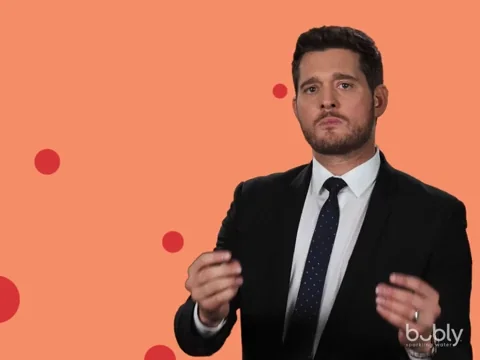Have you ever felt stressed or anxious? Of course you have!
Everyone does from time to time. Stress and anxiety are natural feelings designed to protect us from danger. But did you know that anxiety disorders affect 40 million U.S. adults every year? That’s almost 20% of the population!
Fortunately, there are several quick and easy methods that everyone can use to reduce anxiety and promote mental well-being in their life right now. Here are 4 methods I discovered.
 Photo by Mor Shani on Unsplash
Photo by Mor Shani on Unsplash1. Learn to Regulate your Breathing
Start with something as fundamental as breathing. Learning to breathe the right way can help reduce your stress and anxiety. When you're feeling anxious, your body activates its fight-or-flight response, causing uncomfortable effects such as sweating, shaking, or panic.

Help control it by adopting the box breathing technique. Be sure to breathe using your diaphragm so that your belly rises and lowers.
Breathe in slowly for 4 seconds.
Hold your breath for 4 seconds.
Breathe out for 4 seconds.
Hold for another 4 seconds.
Repeat several times and feel yourself begin to relax.
Try it now!
2. Embrace Cognitive Behavioral Therapy (CBT) Techniques
CBT is a tool used to reduce the number of irrational thoughts and beliefs we experience. Think about that time you were late for work. Maybe you panicked,believing your boss would fire you. Next time, use CBT to challenge your thinking:
Identify a source of stress in your life. For example, driving on the highway.
Ask yourself what you fear about it. Maybe you worry about getting into an accident.

Challenge this thought by finding evidence that goes against it. Maybe you have years of driving experience and should feel confident in your ability to drive safely. This will give you a more balanced, calming perspective.
Quiz
Taylor is stressed giving presentations at work because he fears he will misspeak and embarrass himself. Which of the following observations WILL NOT help reduce his anxiety leading up to his next presentation?
3. Use Meditation to Expand your Awareness
Think about the last time you were anxious. Chances are you were hyper-focused on yourself. In fact, intense self focus can cause or worsen anxiety in people.
Instead, try the following meditation:
Become aware of yourself in your immediate surroundings. Ex. "I'm sitting on the couch."
Gradually expand your awareness to include your house, street, city, country, world, and finally universe. Notice how it feels to be existing in each of these spaces.
Allow your perspective to broaden. Realize how small you and your problems are in this larger context.
 Photo by Dingzeyu Li on Unsplash
Photo by Dingzeyu Li on Unsplash4. Step up Your Sleep Game
Sleep is a crucial, yet underappreciated form of mental health maintenance. In fact, studies have shown that all people, not just those with mental disorders, risk increased anxiety and other mental problems following poor sleep.

Improve sleep by:
Sticking to a consistent sleep schedule.
Getting 7-10 hours of sleep a night.
Avoiding food and screentime in the hours before bed.
Having a relaxing sleep ritual. Ex. Taking a bath or reading.
Restricting caffeine consumption to 8+ hours before bed.
Take Action
Commit right now to improving your mental health.

Your feedback matters to us.
This Byte helped me better understand the topic.
